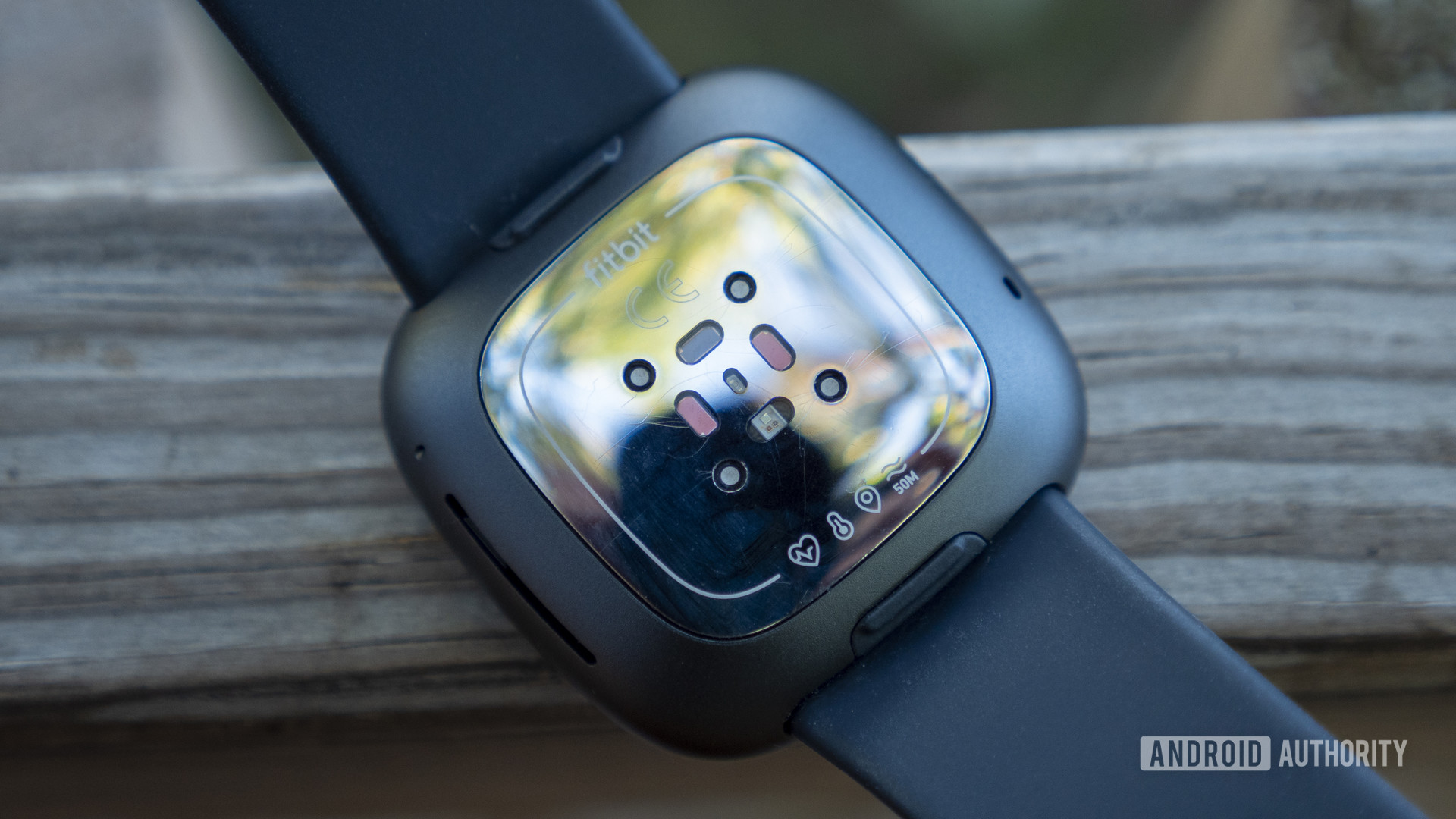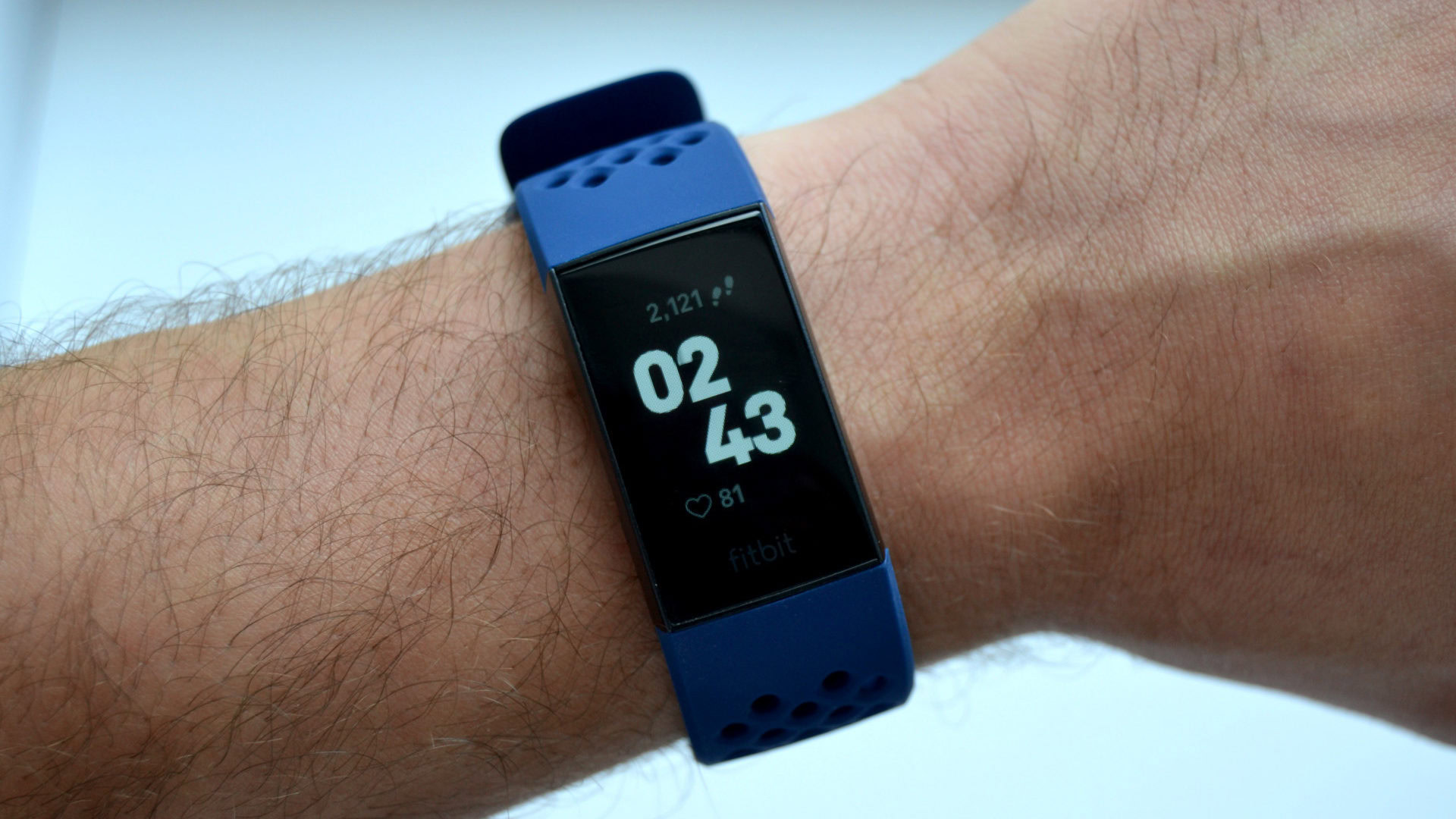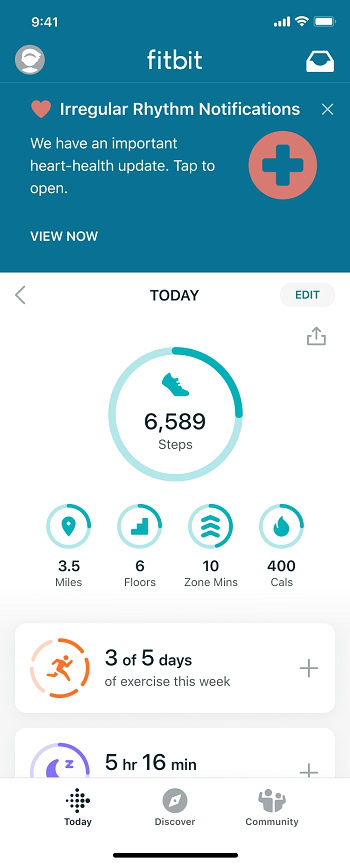How to enable AFib monitoring on Fitbit and why you should
Most of Fitbit‘s smartwatches and fitness trackers feature accurate heart rate monitors. These little sensors provide valuable insight into our ticker’s rhythm when resting or on the go, but heart rate alone is only a tiny snapshot of our overall heart health. Fitbit recently announced plans to include atrial fibrillation (AFib) notifications and irregular heart rhythm monitoring in a select number of its devices. But what is AFib, why is it important, and how can you use your Fitbit device to monitor for instances of it?
See also: The best fitness trackers | The best smartwatches
QUICK ANSWER
You can use newer Fitbit models to monitor for irregular heart rhythm. This new feature also notifies users if it detects possible instances of AFib. Read on for a more detailed explainer.
JUMP TO KEY SECTIONS
What is AFib?
In the simplest terms, atrial fibrillation, shortened to AFib, is when the heart’s upper sections beat at different rhythms, resulting in a quickened, irregular heart rate. According to Mayo Clinic, this condition could also result in shortness of breath, poor blood flow, and blood clots in the heart. AFib also increases the risk of a stroke. For this reason, it’s important that users susceptible to AFib use a heart rate monitor that can detect these abnormalities.
How does Fitbit’s AFib monitoring work?
C. Scott Brown / Android Authority
Fitbit devices don’t have any dedicated AFib sensors onboard. Instead, they use their heart rate (PPG) sensors to keep track of your pulse rhythm. Viable data is collected over time and analyzed to provide a baseline heart rhythm. Fitbit can then compare this baseline to beat-by-beat measurements, and alert users if it notices a large enough discrepancy. For context, Fitbit suggests a 10bpm increase in a short period of time might be enough to be considered irregular, but this data will vary from person to person.
Yes. Both Fitbit’s irregular heart rhythm and ECG systems are cleared by the FDA.
Importantly, Fitbit mentions that its irregular heart rhythm feature doesn’t “continuously” monitor for AFib, nor does it issue immediate alerts for instances of AFib. Fitbit also cautions that they may miss some cases of AFib. Additionally, only pulse rate data acquired when you’re still is used to inform the AFib monitoring system. This means it’s more important than ever to wear your Fitbit to bed if you want accurate results.
How do Fitbit’s ECG and irregular heart rhythm monitoring features differ?

Jimmy Westenberg / Android Authority
While the two features focus on monitoring heart rate health, the processes are entirely different.
The ECG (electrocardiogram) sensors on the Fitbit Charge 5 and Fitbit Sense use electrical signals to survey a user’s heart performance in 30-second bites. To get an ECG reading, users need to initiate the process, and the resultant data is presented in a detailed PDF. A doctor can use the data acquired by the ECG to detect AFib, but as it’s a spot check, you won’t get any automated notifications if an instance is detected.
Fitbit’s irregular heart rhythm monitoring system uses pulse data captured over some time and compares it to recent beats. Once enabled by the user, this process automatically runs in the background and monitors a user’s heart rate when still. While the ECG can provide immediate results, the irregular heart rhythm system will notify users of possible AFib instances recorded in the last 24 hours. While this isn’t a real-time solution to AFib monitoring, the irregular heart rhythm system benefits from being largely automated.
More reading: What is an ECG, and why does it matter?
Which Fitbit devices feature AFib monitoring?

Fitbit Charge 3
Fitbit announced plans to introduce irregular heart rhythm monitoring smarts in April 2022 to many legacy devices. Impressively, it’s not just the company’s latest smartwatches and trackers that gain the feature. As no new hardware is required for this feature, the likes of the Charge 3 and Versa Lite are included on the supported list.
Fitbit devices with irregular heart rhythm monitoring
- Sense (also includes an ECG sensor)
- Versa 3, Versa 2, and Versa Lite
- Charge 5 (also includes an ECG sensor)
- Charge 4 and Charge 3
- Luxe
- Inspire 2

- Open your Fitbit app, navigate to the Discover tab, then tap the Assessments & Reports section.
- Tap the Irregular Rhythm Notifications icon
- Select Set Up Now, and follow the prompts.
You can also head to the Irregular Rhythm Notifications tile to view historical data. If an instance of AFib is detected, you’ll also receive a notification at the top of the Fitbit app.
You should consider contacting your doctor should Fitbit’s irregular heart rhythm system issue an alert.
Fitbit is rolling out the irregular heart rhythm monitoring feature in select countries, but more regions will be added as clearance is obtained.
To disable irregular heart rhythm monitoring
- Tap your profile image on the Today tab within the Fitbit app
- Head to the Activity & Wellness section, then tap Heart Settings and Irregular Rhythm
- Finally, tap Turn off this feature and select Turn off
See also: The complete Fitbit user’s guide
For all the latest Technology News Click Here
For the latest news and updates, follow us on Google News.
